Water heater options
harpris
12 years ago
Related Stories

GREAT HOME PROJECTSHow to Switch to a Tankless Water Heater
New project for a new year: Swap your conventional heater for an energy-saving model — and don’t be fooled by misinformation
Full Story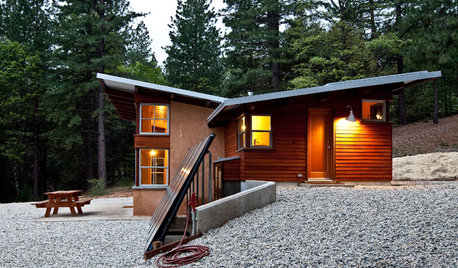
GREAT HOME PROJECTSHow to Add a Solar Water Heater
Lower energy bills without a major renovation by putting the sun to work heating your home’s water
Full Story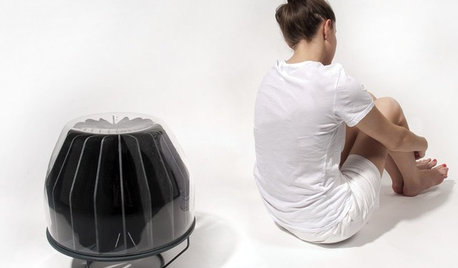
GREEN DECORATINGA New Breed of Space Heaters Helps You Stay Toasty in Style
Shiver no more with style-conscious heaters that let you turn down the thermostat and snuggle up in warmth
Full Story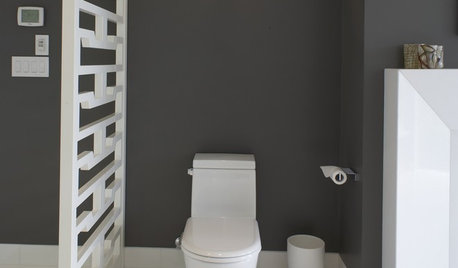
BATHROOM DESIGNHere's (Not) Looking at Loo, Kid: 12 Toilet Privacy Options
Make sharing a bathroom easier with screens, walls and double-duty barriers that offer a little more privacy for you
Full Story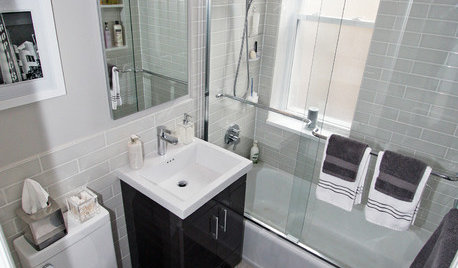
BATHROOM DESIGNWater Damage Spawns a Space-Saving Bathroom Remodel
A game of inches saved this small New York City bathroom from becoming too cramped and limited
Full Story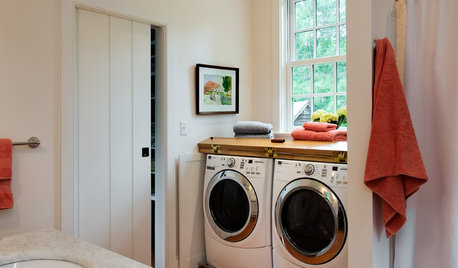
GREEN BUILDINGWater Sense for Big Savings
Keep dollars in your pocket and preserve a precious resource with these easy DIY strategies
Full Story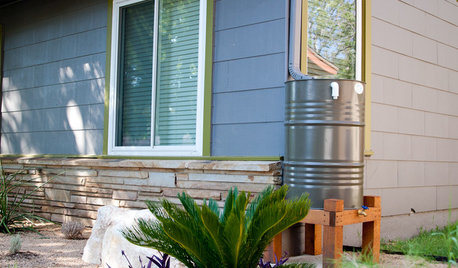
GREEN DECORATINGEasy Green: Big and Small Ways to Be More Water-Wise at Home
These 20 tips can help us all make the best use of a precious resource. How do you save water in summer?
Full Story
HEALTHY HOMEHow to Choose a Home Water Filtering System
Learn which water purification method is best for your house, from pitchers to whole-house setups
Full Story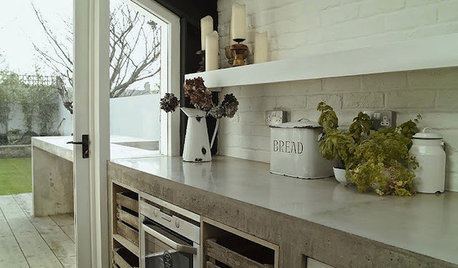
KITCHEN COUNTERTOPSKitchen Counters: Concrete, the Nearly Indestructible Option
Infinitely customizable and with an amazingly long life span, concrete countertops are an excellent option for any kitchen
Full Story





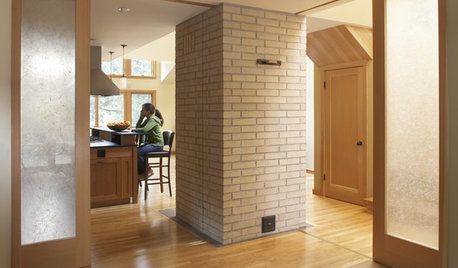
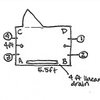
jakethewonderdog
harprisOriginal Author
Related Professionals
Millbury Handyman · Adelphi Kitchen & Bathroom Remodelers · East Tulare County Kitchen & Bathroom Remodelers · Emeryville Kitchen & Bathroom Remodelers · Fremont Kitchen & Bathroom Remodelers · Hickory Kitchen & Bathroom Remodelers · Hunters Creek Kitchen & Bathroom Remodelers · Ogden Kitchen & Bathroom Remodelers · Richland Kitchen & Bathroom Remodelers · Shawnee Kitchen & Bathroom Remodelers · Trenton Kitchen & Bathroom Remodelers · Turlock Kitchen & Bathroom Remodelers · Vashon Kitchen & Bathroom Remodelers · Tanque Verde Kitchen & Bath Fixtures · Travilah Kitchen & Bath Fixturesjakethewonderdog
Ozone89
jakethewonderdog
harprisOriginal Author
jakethewonderdog
ionized_gw
jakethewonderdog
harprisOriginal Author
jakethewonderdog
ionized_gw
jakethewonderdog
xiaoneitie